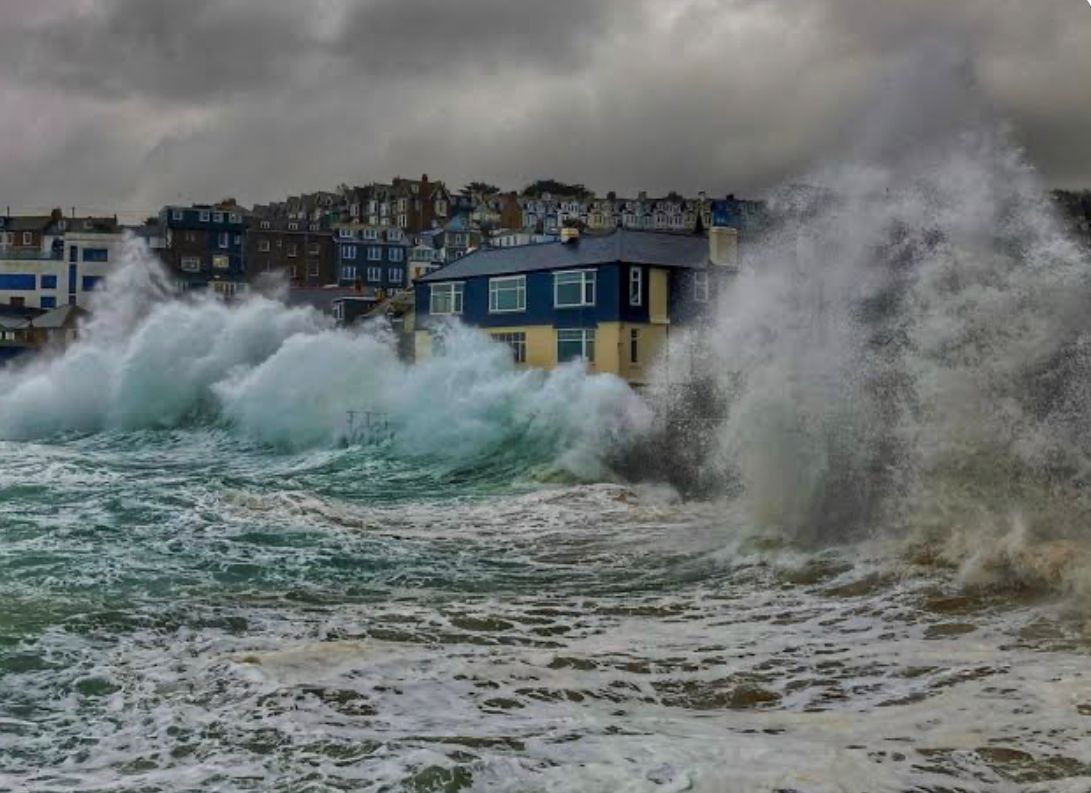United Nations Secretary General Antonio Guterres, in his address to the first UN Security Council debate, has shed light on the implications of rising sea levels for international peace and security. Especially for the countries such as Bangladesh, China, India, Bangkok, Buenos Aires, Jakarta, Lagos, London, Los Angeles, Mumbai, Maputo, New York and Shanghai, are on borderline. He stressed on the acute danger that has put the lives of nearly 900 million people, who live in coastal zones at low elevations, at risk.
According to NASA, climate change is melting glaciers and ice sheets. It has already shed 450 billion tonnes of ice mass on average, Guterres informed. He continued by listing the posed threats. Majorly including, the lost Greenland’s ice cap that is 250 billion tonnes on yearly basis, the warming of the global ocean, the heated global environment that has passed the 1.5 degree warming limit that a livable environment requires and is slowly crawling towards 2.8 degrees. Adding further, he said, ice melting in Himalayas has already worsened flooding in Pakistan. In the same scenario, he said that the mighty Indus, Ganges and Brahmaputra rivers will also shrink, risking the lives of hundreds of millions of people living in the river basins of the Himalayas. These vulnerabilities also include the intrusion of saltwater.
Similar threats are also expected in the Mekong Delta and beyond, whose consequences are unthinkable, he explained. This issue of rising sea levels is not only risking lives but also creating competition among nations for fresh water sources, he said.
The meeting of the Security Council invited speakers from 75 countries, who showed concern about rising sea levels. While debating on the ongoing situation, the alliance of small island states, Samoa’s UN ambassador Fatumanava-o-Upolu III Pa’olelei Luteru drew attention towards small island states, who do not have the capacity, without international assistance, to bear the consequences of sea level rise. Similarly, Ambassador Amatlain Kabua of the Marshall Islands states that the tools to address climate change and rising sea levels are already known. It is the political will, backed by a UN special representation, which is needed to initiate combined action.















